Forest Understory Diversification Project
The Lower Columbia - Clatskanie River watershed is strongly dominated by industrial and private timberland in the headwater and upland areas of the watershed. These forestry activities contribute to water and soil degradation as they displace native species beneficial for water storage and filtration, soil retention, and soil nutrient reinvestment with noxious weeds.
Location: This project is located on private land within the Fox Creek/Lower Columbia - Clatskanie River watershed in Rainier, Oregon.
Partners: Oregon Watershed Enhancement Board (OWEB), Private Landowners
Funding Awarded: The Oregon Watershed Enhancement Board (OWEB) Small Grant Program- $9,326.
In March 2021, the Columbia SWCD was awarded a small grant to support ongoing efforts by the landowners to restore sensitive understory plant communities for the benefit of local wildlife by removing noxious weeds and installing appropriate native plants upslope of Fox Creek.
The landowners own just under 20 acres of forestland that is part of the Fox Creek watershed. In 2007 they harvested timber and have since replanted. They had invested a lot of time and resources into managing weeds like Himalayan blackberries and Scotch broom for the survival of their young trees. However, they wanted to create more diversity and quality understory habitats for the wildlife they observed. They also wanted to replant the area around their spring with native plants that would provide better filtration and soil stability than the blackberries which were present.
Steep terrain and thick vegetation made it difficult for them to access this area. We knew that if we could clear these areas, establish good initial control of the weeds, and plant the right species, the landowners would continue to steward these areas into healthy native plant communities.
Funds were allocated to hire a professional restoration crew and to purchase native plant material. The first area of work was in a ravine that feeds the natural spring providing the landowner with their water supply. The ravine was heavily dominated by invasive blackberries which were treated and then replanted with native plants that will help retain soil and filter water runoff. Further downslope, approximately 1.5 acres of land was treated and replanted to provide habitat for pollinators and other species and to increase plant diversity.
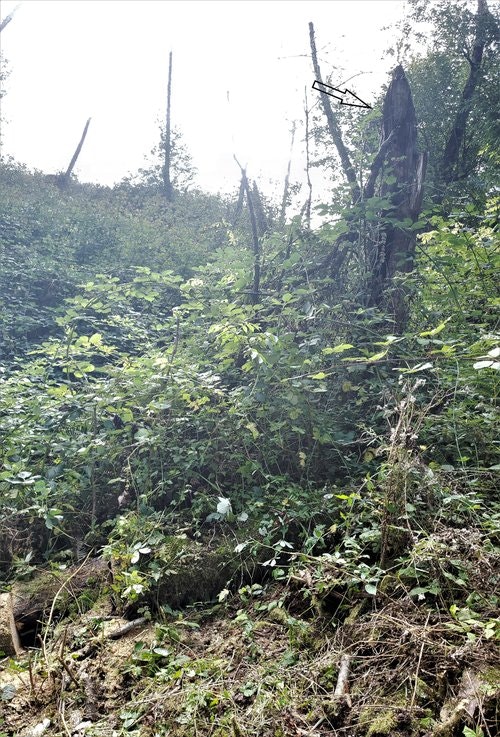
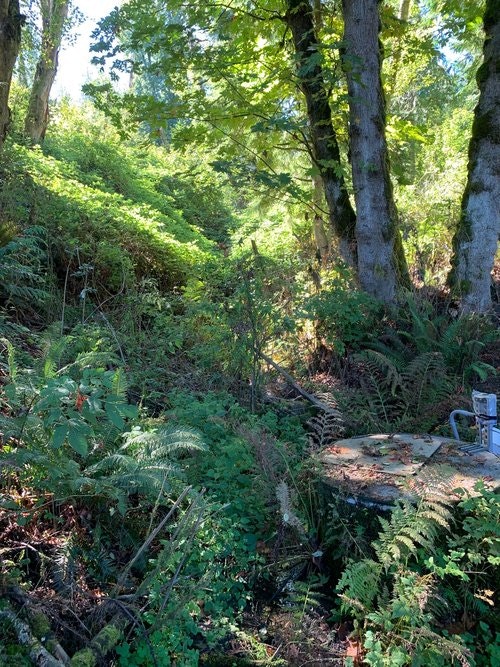

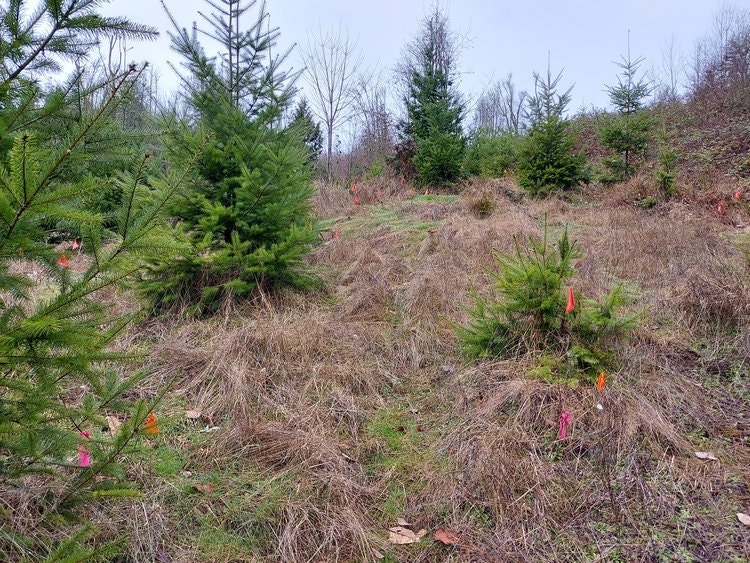


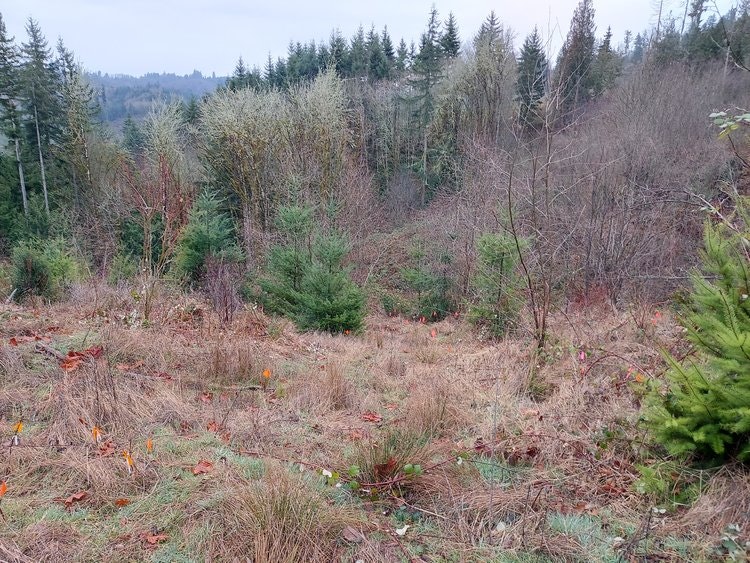
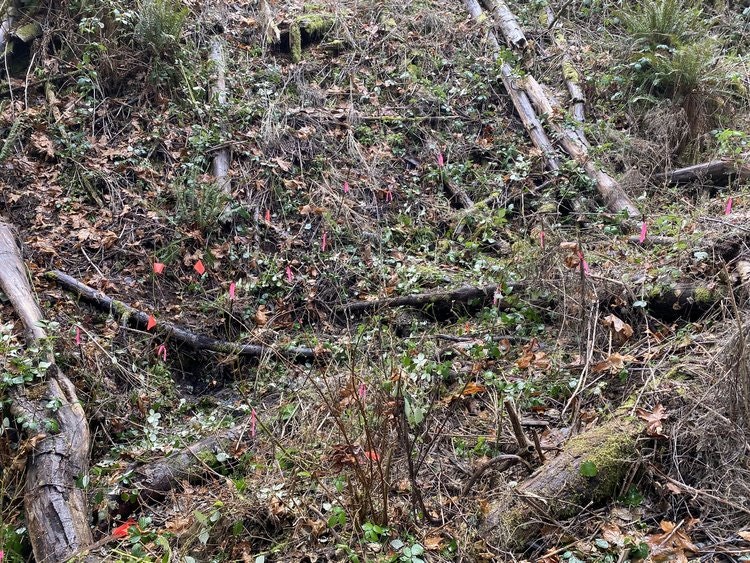
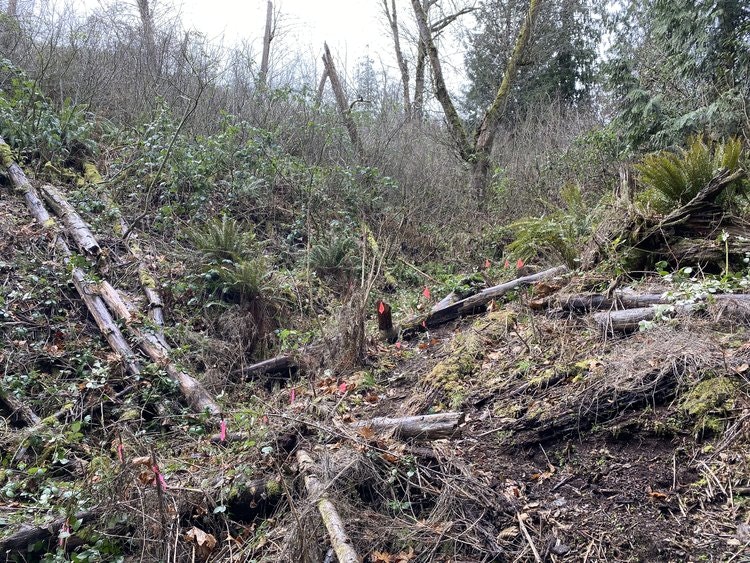









ADDITIONAL INFORMATION
Read more about this project in our 2021-2022 Annual Report
